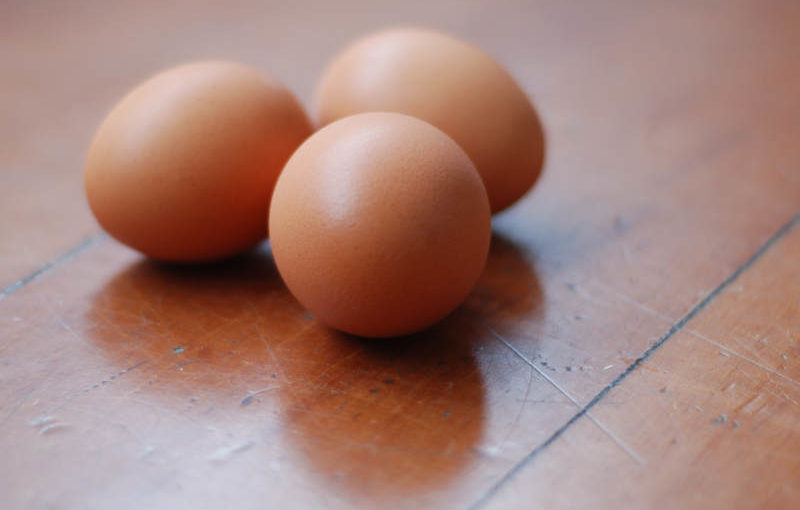With so many types of eggs and many of them claiming they are “best” it can be confusing for consumers to decide which eggs to buy. This article will focus on the key differences between free range eggs, pasture raised eggs and organic eggs in New Zealand.
Why not conventional eggs?
Cage or colony eggs are from hens in cages at 13 per m2. They live in an unnatural environment, in unnatural light, eating an unnatural diet that may contain antibiotics to keep them alive in this unnatural environment as well as food dye so that otherwise anemic yolks look good to consumers.
Conventional eggs can’t provide a natural healthy environment that allows chickens to express natural behaviours or “the chicken-ness of the chicken”, as famous American regenerative farmer Joel Salatin puts it.
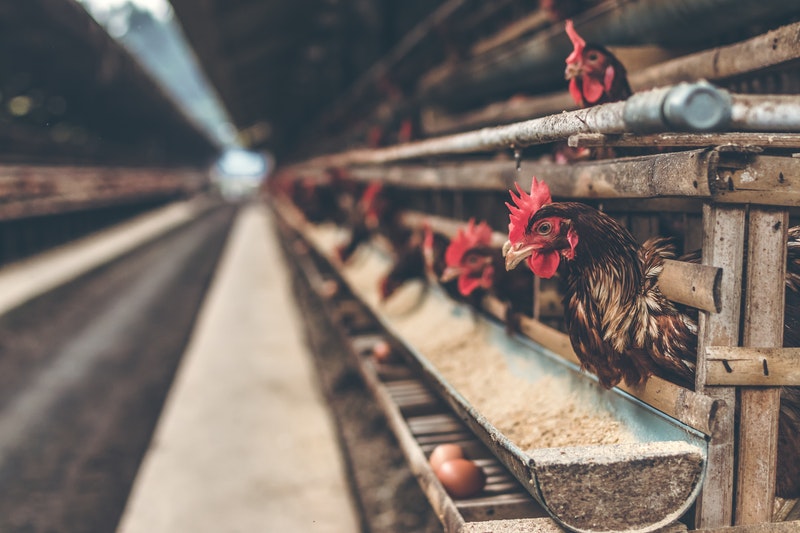
“Cage-free” or barn eggs are similar except that hens are on the floor of a barn at 7 hens per m2 instead of in cages.
What do free range eggs mean?
Free range eggs are pretty common in most supermarkets. Are they really that much better?
Free range simply mean eggs laying hens have “access” to outdoor space at a min of 4m2 per bird. “Access” means hens can go outside if they want to. But if they are fed indoors, which they often are, most chickens probably won’t be outside more than an hour a day. If you don’t know the local farmer who raised them, this could mean your free range eggs may not be much better than conventional barn eggs.
What are pasture raised eggs?
Pasture raised eggs refers to eggs from hens that live on lush green pastures. Biologically diverse pastures stewarded by conscientious farmers are filled with bugs, worms and seeds that chickens can forage themselves. This means pastured hens eat a much higher percentage of their natural diet and are able to express their natural behaviours such as pecking and scratching. Lots of fresh air, sunshine and exercise means they are fit and healthy too.
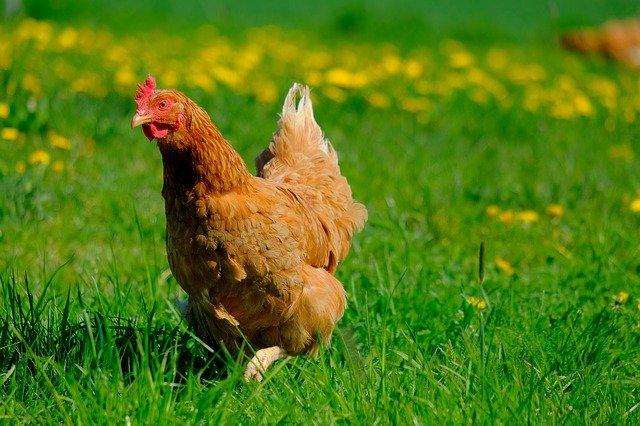
To ensure pastures are fresh and full nutrition, hens are regularly moved, often daily. Either chickens lay and sleep in mobile shelters that move with them from pasture to pasture, or the farmer moves them indoors for the night and back out the next morning to a fresh new pasture. This is important because if they aren’t constantly moving, they will run out of wonderful wiggly things to eat and the soil will become over-saturated with manure – both unhealthy for the birds and the environment.
With pastured egg farming, it’s about finding that optimal balance. For example, some regenerative farmers like Joel Salatin in the US rotationally graze cows in the same pasture as their chickens. After cows have grazed an area, their manure will be filled with fly larvae. If a farmer can get the “sanitation crew”, aka chickens, into that pasture three days after the cows have been there, not only will flies not be a problem on the farm but the chickens can get up to 40% of their protein requirements eating the larvae!
When done right, a good portion of the chicken’s diet can come directly from pasture, reducing the amount of commercial chicken feed that is required to keep the hens well fed and happily laying. A good pastured egg farmer won’t be giving supplemental feed that contain nasties like antibiotics, GMOs or artificial yolk colouring agents either. Feeding sprouted grains is common.
Pastured hens basically don’t need medical support or any trickery because they are naturally healthy living a happy chicken life outside (with access to shelter to protect them from bad weather, predators and give them a safe space to lay their eggs).
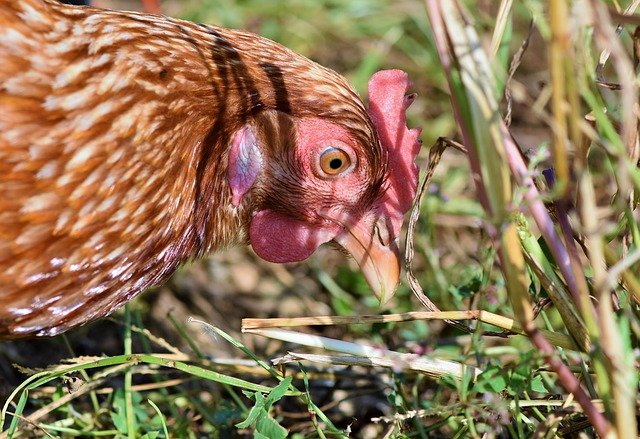
What about organic eggs?
The main thing that separates organic eggs apart from pasture raised eggs and (proper) free range eggs is that the hens live on a certified organic farm and eat 100% certified organic food themselves – so you can too.
The pastures are spray free, no GMO crops are allowed to be planted, no pesticides, fungicide and herbicide are allowed to be used that leave nasties in the soils and residual remnants that have been found in egg shells, like DDT and Glysophates. That means hens eat 100% organic and live in 100% organic environment therefore their eggs are guaranteed to be organic.
A big reason why organic eggs cost significantly more than free range is because certified organic feed is naturally more expensive than conventional feed, which is only “cheap” because it uses chemicals and artificial fertiliser to save costs (at the expense of our environment and our health).
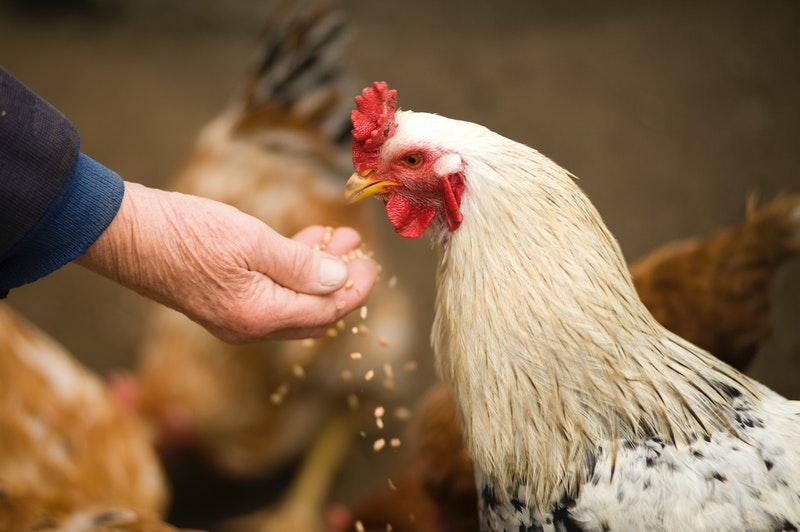
Organic standards also have a very high standard for animal welfare and quality. For example, organic regulations mandate a minimum of 12 m2 of pasture per bird and farmers are regularly audited. Many organic farmers – particularly smallholders – will ensure their hens are eating as much (free) pasture forage as possible. Some farms may not. So it pays so know the farmer directly, certified organic or not.
So which eggs are the healthiest?
This isn’t straightforward to answer because what does healthy mean? Nutrient dense? Free or toxins? Or both?
Organic eggs are guaranteed through their certification to be spray- and GMO- free. Organic chickens have more than enough outdoor space to enjoy and forage, but organic standards don’t regulate how much time a chicken must spend outside exercising and foraging. It’s up to the farmer, so again here’s where it’s important to know your farmer.
Pasture-raised is often considered to be superior because it maximizes a chicken’s natural diet of bugs, worms, fallen fruit and wild seeds. However, it’s unregulated so anyone can call their eggs pasture-raised and their commercial feed may be conventional and sprayed. You need to know your farmer and trust that they are farming regeneratively and using high quality non-toxic supplemental feed.
That means they need to be local so we can visit their farms, see for ourselves and build a relationships based on trust and transparency.
Free range eggs are neither organic, nor are there any guarantees they aren’t mostly barn-raised with “access” to their range. However, if a free range egg farmer is using high quality feed, makes an effort that birds are getting lots of time outside and their farm is free from sprays and other toxins, then they could be pretty good. There is no way to know for sure, but if it’s a local farm it becomes easier to know and trust your farmer.
What kind of eggs does Ooooby sell?
Update Apr 28, 2021.
Ooooby has found a amazing certified organic eggs from The Little Organic Egg Co of NZ, near Palmerston North. They are further away from Auckland than we usual go find the best local food, but we feel it’s worth it. Brian and Pip are incredibly passionate about organics going beyond the organic standard and their “ladies” produce the best tasting eggs we have ever had.
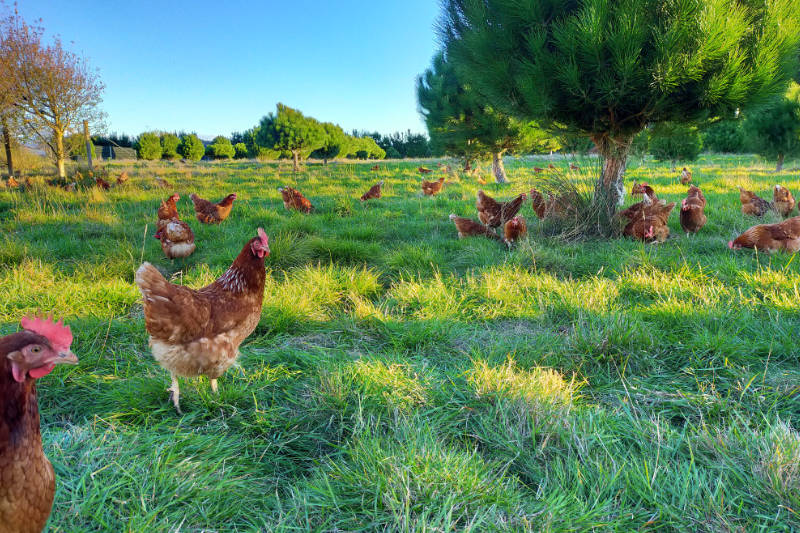
We sell pasture raised eggs from K&M near Pukekohe that follow the PROOF standard (Pasture Raised On Open Fields). These eggs come from hens that have a whopping 20 m2 of pasture each and are rotationally grazed to maximise the amount of natural forage each bird can eat in a day. Forage is supplemented with local greens, grains and commercial feed.
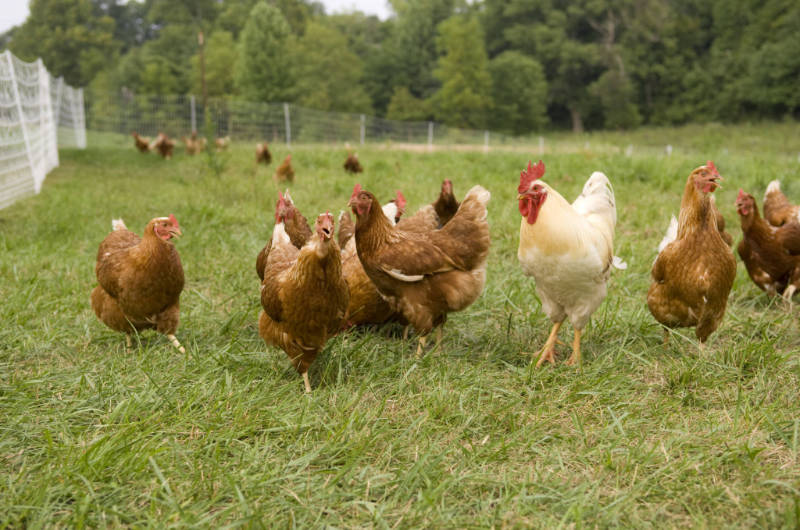
We also sell free range eggs from Sunset Farms, also near Pukekohe. Sunset Farms eggs are true free range. They feed their hens local greens and conventional grains. Hens are on pasture every day at 6.7m2 of pasture per bird. This means their hens get a decent amount of forage into their diet and enjoy the healthy outdoor life.
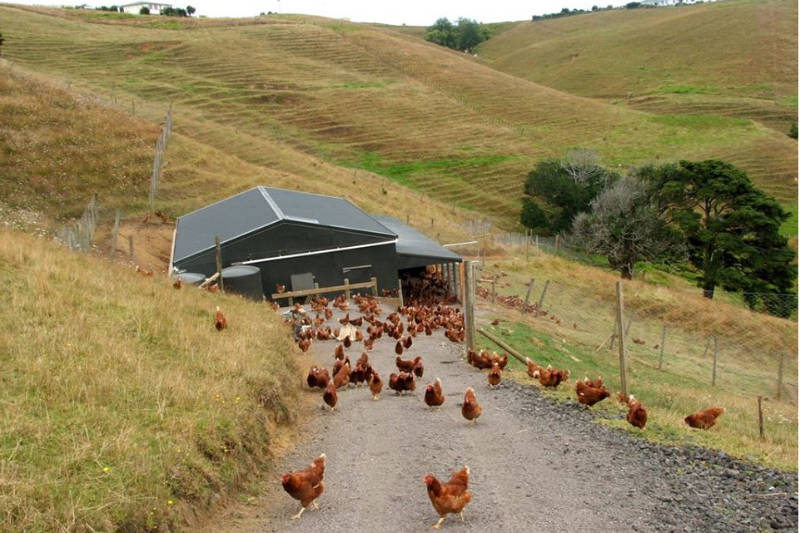
Both K&M and Sunset’s farms are owned by Carl Ebbers who guarantees they are antibiotic-, hormone-, GMO- and spray-free.

